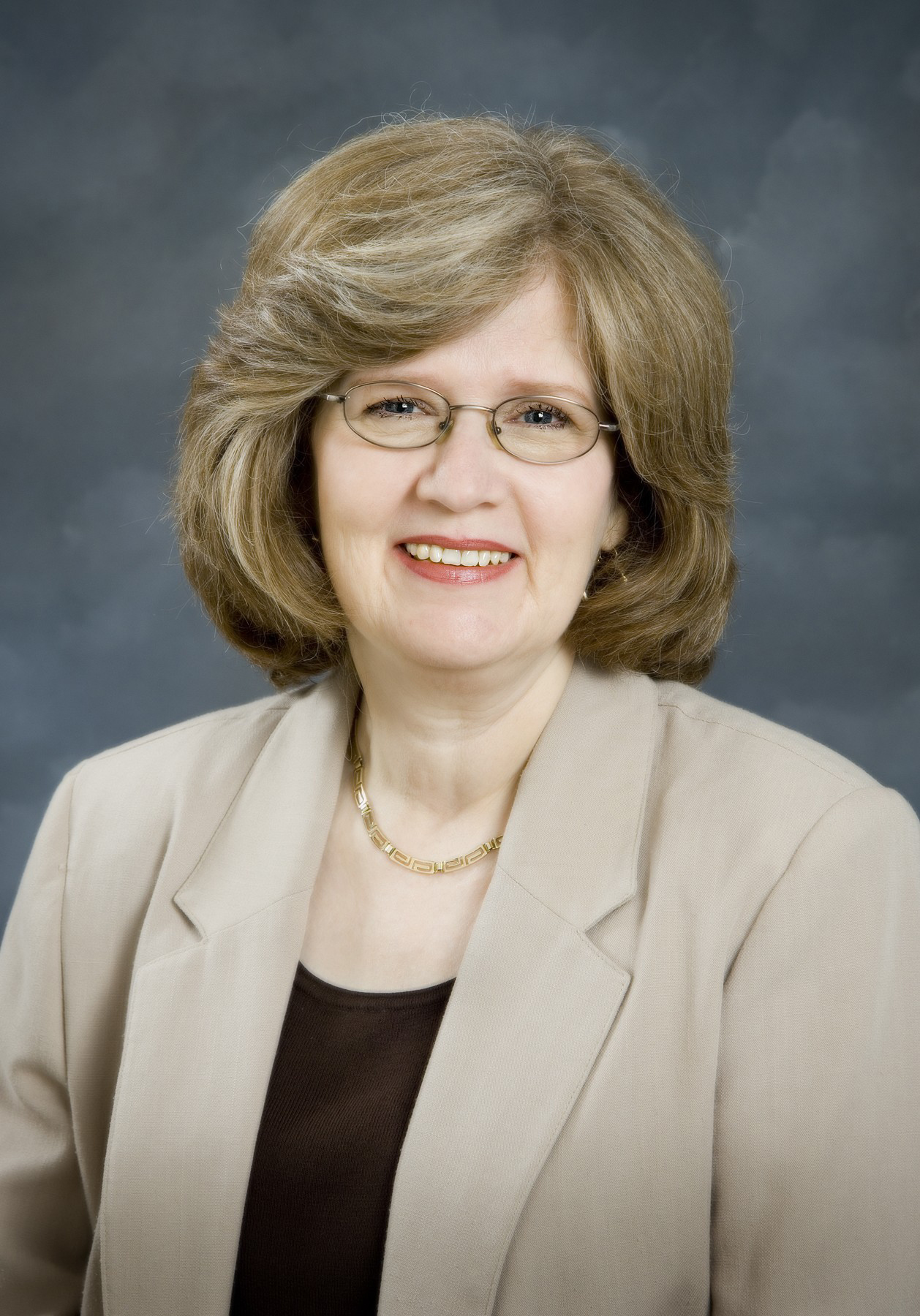Contact: Phil Hearn

STARKVILLE, Miss.--Mississippi State's foreign languages department will use a $330,000 federal grant this year to seek out hundreds of children of migrant workers in North Mississippi and make sure they are attending school.
The U.S. Department of Education is providing money to the university under provisions of the Federal Migrant Education Program, which authorizes grants to state educational agencies to ensure that migrant children fully benefit from a free public education.
"Depriving children of the right to an education only creates problems--whereas, providing an education can help children become productive and responsible citizens," said Patricia M. Lestrade, an associate professor of foreign languages and director of the MEP in the state's northernmost 28 counties.
In existence since the 1960s, the MEP has been reinforced in recent years by the federal No Child Left Behind Act, and its administrative structure varies from state to state. This year, the state Department of Education consolidated the program's administration in Mississippi from nine consortia into three districts.
"Since 87 percent of the migrants are Latino, it makes sense that the program be housed in a foreign languages department," said Lestrade, estimating there are about 1,500 migrant children statewide and some 200-500 in the northern counties.
The MSU department serves as the Local Education Agency for the northern third of the state, which includes Desoto, Marshall, Benton, Tippah, Alcorn, Tishomingo, Tunica, Tate, Prentiss, Coahoma, Quitman, Panola, Lafayette, Union, Pontotoc, Lee, Itawamba, Bolivar, Sunflower, Tallahatchie, Yalobusha, Calhoun, Chickasaw, Monroe, Webster, Clay, Oktibbeha, and Lowndes counties.
"This grant provides the opportunity to work more closely with the Hispanics and to provide outreach to the community, thereby combining university and departmental research and service interests," added the specialist in Spanish linguistics.
Juette Bingham, director of Metro Learning Centers for Jackson State University, manages the program for the central part of the state. Dewey Blackledge, director of the University of Southern Mississippi's Regional Service Center, heads MEP's South Mississippi efforts.
"This is a great example of the practical benefits to our society from the humanities disciplines," said Phil Oldham, dean of MSU's College of Arts and Sciences. "I commend professor Lestrade and her colleagues for their willingness to utilize their expertise in this way to address an important issue for the state of Mississippi."
The education of migrant children often is interrupted because of the need of their parents and other family members to follow jobs linked to planting and harvest season changes, MEP officials point out. To be qualified for MEP services, the parents or the children themselves must be employed in some area of agriculture--including dairy, poultry, meat-processing, and fishing jobs.
"Part of our job involves tracking migrations and helping the children of migrants switch schools more easily by expediting paperwork," said Lestrade, who will be assisted by three full-time MEP employees and several graduate students from her department.
"The state Department of Education commented that one of the strong points of our proposal was our intention to involve graduate students in the program," said the veteran professor. "At present, I am teaching a sociolinguistics fieldwork course that will prepare graduate students to work with programs such as ours."
With the cooperation of local school districts and agriculturalists in the 28 counties, the Lestrade group plans to visit as many potentially qualifying families as possible this fiscal year, then complete needs assessments and provide services as appropriate. Lestrade hopes the program grant will be renewed for an additional two years.
"After we compile a list of the qualifying children in our district, which may take most of the year, we will develop and implement more comprehensive programs to encourage academic success and completion of high school," she said. "Recruitment, of course, will be an ongoing process because of the migratory nature of those we serve."
NEWS EDITORS/DIRECTORS: For more information, contact Dr. Lestrade at (662) 325-3480 or pmlestrade@ra.msstate.edu.